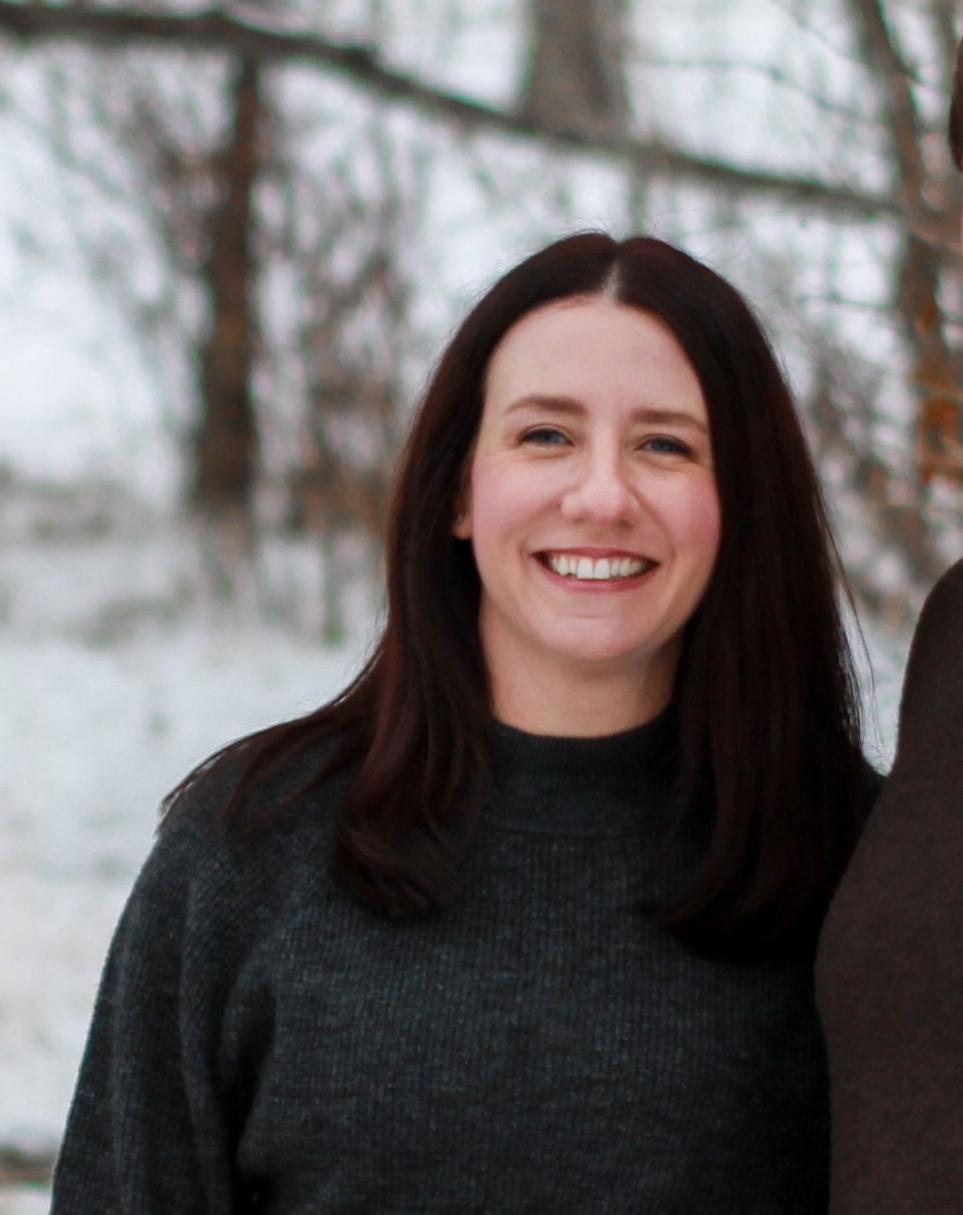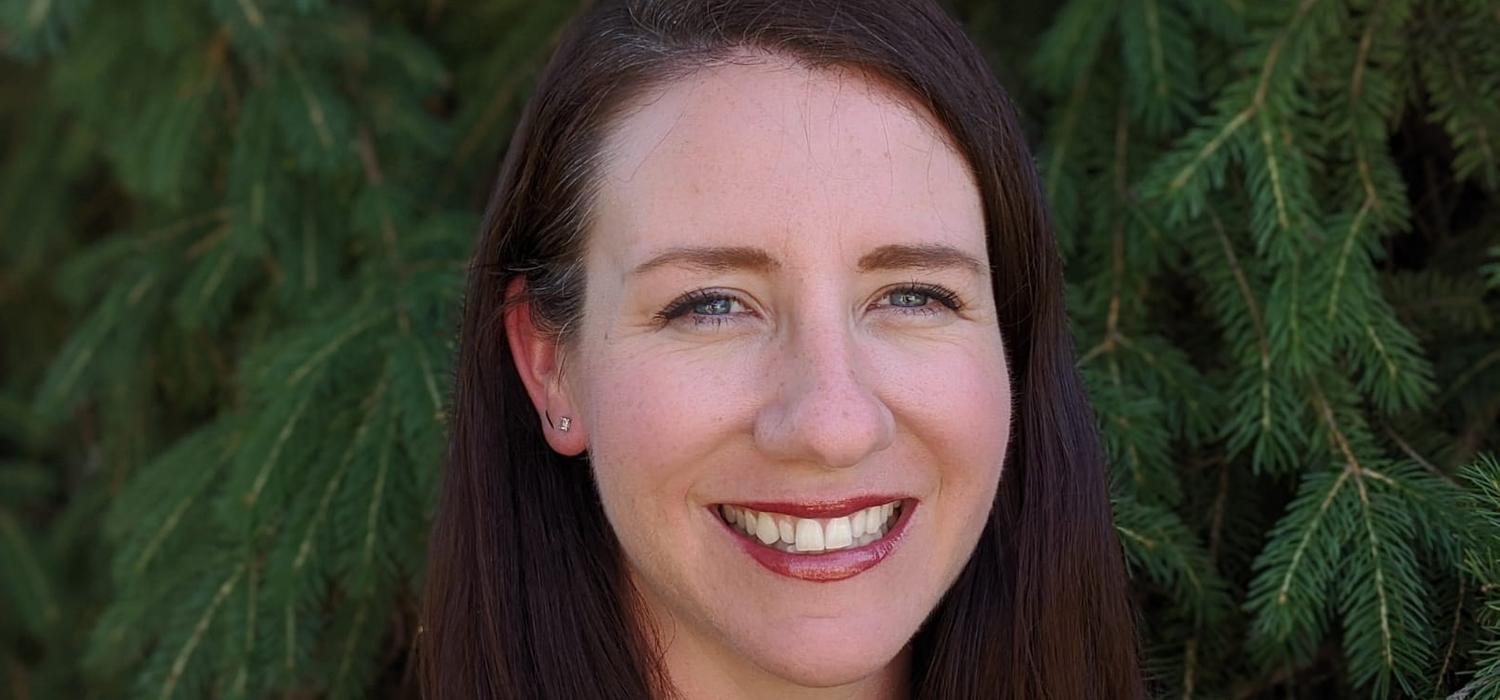
Newly minted graduate Sarah Weisbeck MN'21
July 29, 2021

When Sarah Weisbeck began her Master of Nursing studies at UCalgary, she wasn’t sure where to focus her research. But professors embraced her curiosity, and that freedom to explore led to tremendous personal and professional growth.
“In each course, I was encouraged to narrow down my interests and explore how my passions could be reflected in research,” she says, “and how this could affect practice and enhance patient care and quality of life.”
To this end, Weisbeck, a nurse who is set to graduate with a master's in November 2021, focused her research on cannabis consumption among women who are pregnant and/or lactating. She says the recent legalization of cannabis in Canada has decreased stigma, an increased perception that cannabis is safe and medically valuable.
“Rates of cannabis consumption during pregnancy and lactation are increasing despite clear health guidance and messaging that encourages abstinence, and there is increasing scientific evidence that exposure in utero and through breastmilk has adverse outcomes for infant and childhood development,” she explains.
My research aimed to understand the decision-making process women engage in when deciding to consume cannabis during their pregnancy and how we, as health-care professionals, can develop positive relationships with women that will encourage better health outcomes.
For her unpublished research project, “Women’s Perceptions, Beliefs, and Decision-Making Process of Consuming Cannabis During Pregnancy and Lactation: an Interpretive Description,” Weisbeck interviewed 10 women. She set out to discover how they found information that helped inform this decision, who they trusted and involved in this decision, and their experiences with health-care professionals regarding their cannabis consumption. Her study showed that women felt stigmatized by care providers and did not trust them as sources of information or support.
“My findings suggest that we need to explore further how to develop relationships with these women and create novel methods of translating scientific knowledge regarding cannabis use to prenatal and pregnant women to help ensure positive health outcomes.”
During her graduate studies, Weisbeck continued to work as an emergency nurse and was exposed to other nurse researchers and educators who opened her eyes to the possibilities within the nursing profession, and to different ways of approaching problems. She considers networking and collaboration to be the main highlight of her graduate education and describes her research experience as “overwhelmingly positive.”
Weisbeck currently works in both clinical and research capacities as an emergency RN and research nurse with the Cumming School of Medicine’s Pediatric Emergency Research Team (PERT). She’s also taken a position with the Faculty of Nursing as a laboratory and clinical instructor that starts in the fall.
“Nurses are uniquely situated to identify issues, engage patients and multidisciplinary teams in creating solutions, and enacting these solutions to make a difference in our health system,” she says.

Newly minted graduate Sarah Weisbeck MN'21
Your research focus is on cannabis and pregnant/ lactating women: why?
“It was a combination of my own interests coupled with issues that patients were identifying. My supervisor's research concluded that Albertan families were increasingly asking cannabis questions and that pregnant and lactating women may be consuming cannabis. This area has not been frequently researched.
“I thought I could shed some helpful light on why women chose to consume during pregnancy and lactation and how medical professionals could create healthy relationships with these women to support their health.”
What is most significant about the findings of your research?
“My research helped shed light on the fact that relationships between health-care professionals and some women may be broken. Women who chose to consume cannabis during pregnancy and lactation feel judged and reprimanded by their health-care professionals and are attempting to make the right choice for them and their babies.
“My participants frequently engaged in cannabis consumption for medicinal reasons in attempts to gain symptom control and improve their quality of life and viewed cannabis as a safer and more effective alternative than pharmaceuticals. Cannabis consumption during pregnancy and lactation may be occurring more frequently than previously reported and we, as health-care professionals, need to be open and nonjudgmental in discussing cannabis by using terms such as ‘cannabis’ and ‘dose’ instead of ‘marijuana’ and ‘use.’”
Why are you eager to encourage more nurses to pursue research?
“I feel research in my profession is often not highlighted to the same extent as direct clinical care. Nurse researchers can focus on all aspects of health and illness to advance the quality of nursing care and outcomes for our patients. This allows researchers to merge their passions with identified issues and work towards making change.
“My involvement in research has been extremely rewarding and allowed me to contribute to making changes that will hopefully affect a larger number of people beyond those with whom I provide direct care. I was drawn to nursing as I wanted to make a difference in people's lives. At the beginning of my career, I viewed clinical care as my only means of achieving this. However, through further education, I can enact this change by tackling a wide range of research questions to contribute to evidence-based practice and enhance health outcomes.”
Now that your oral exam is complete, what’s next?
“I continued to work clinically as an emergency nurse while completing my master’s and am still active in that role. I now also work as a research nurse within PERT to continue to learn and engage in research.
“During my master’s, I held multiple roles as a teaching assistant and found a love of teaching and I will be teaching within UCalgary Nursing this fall. I am excited for the new opportunities that my MN has offered me and plan on continuing to expand my roles within research.”